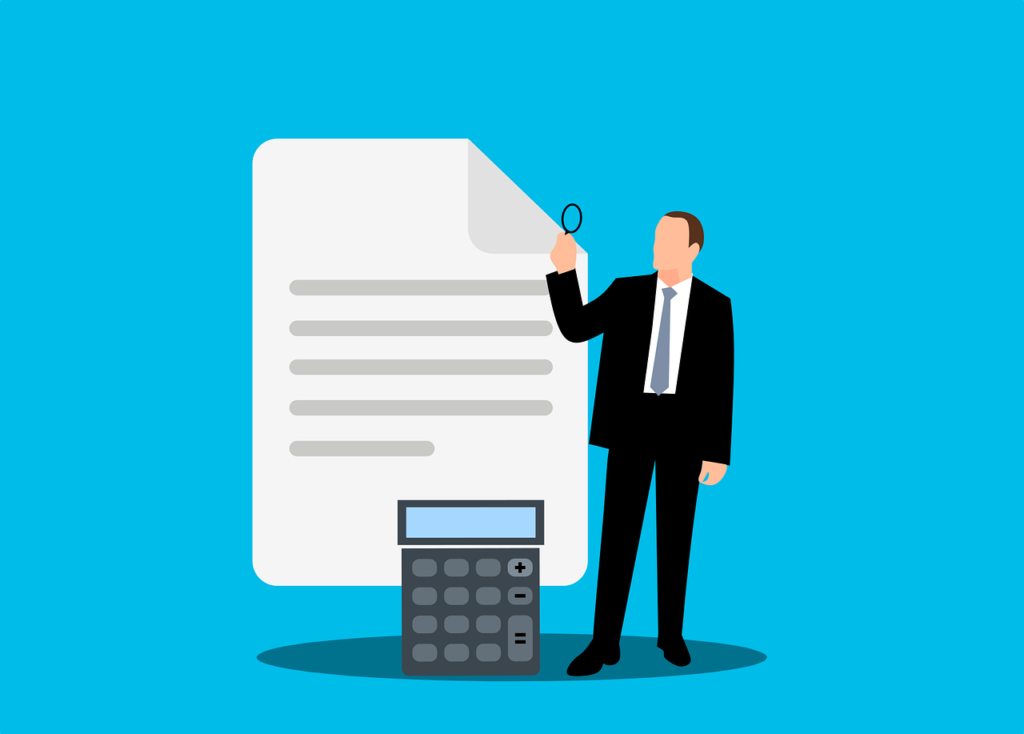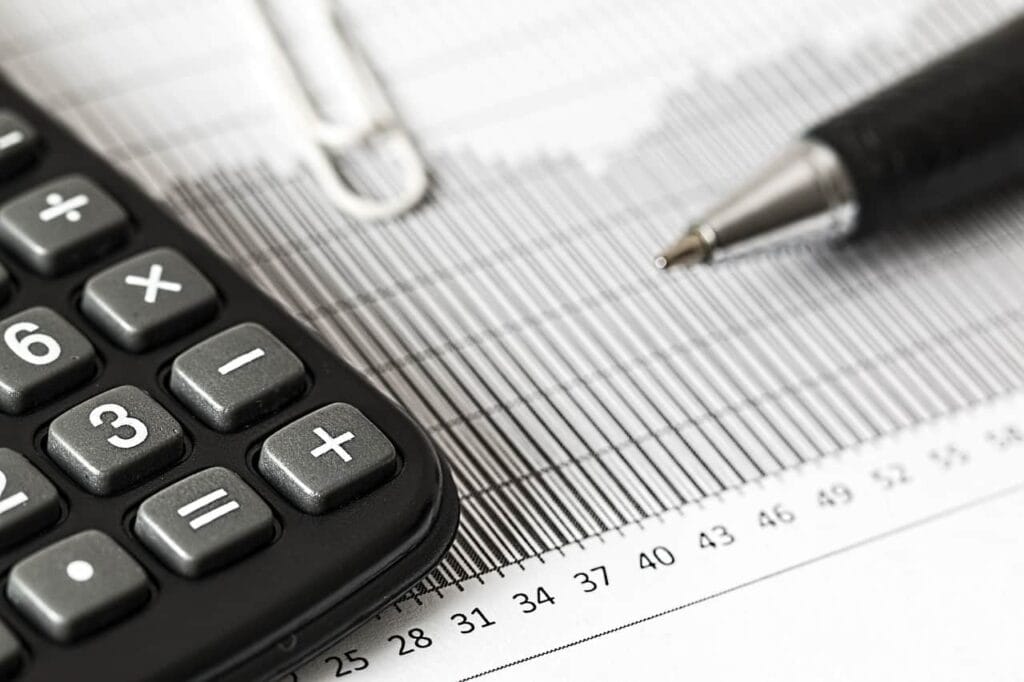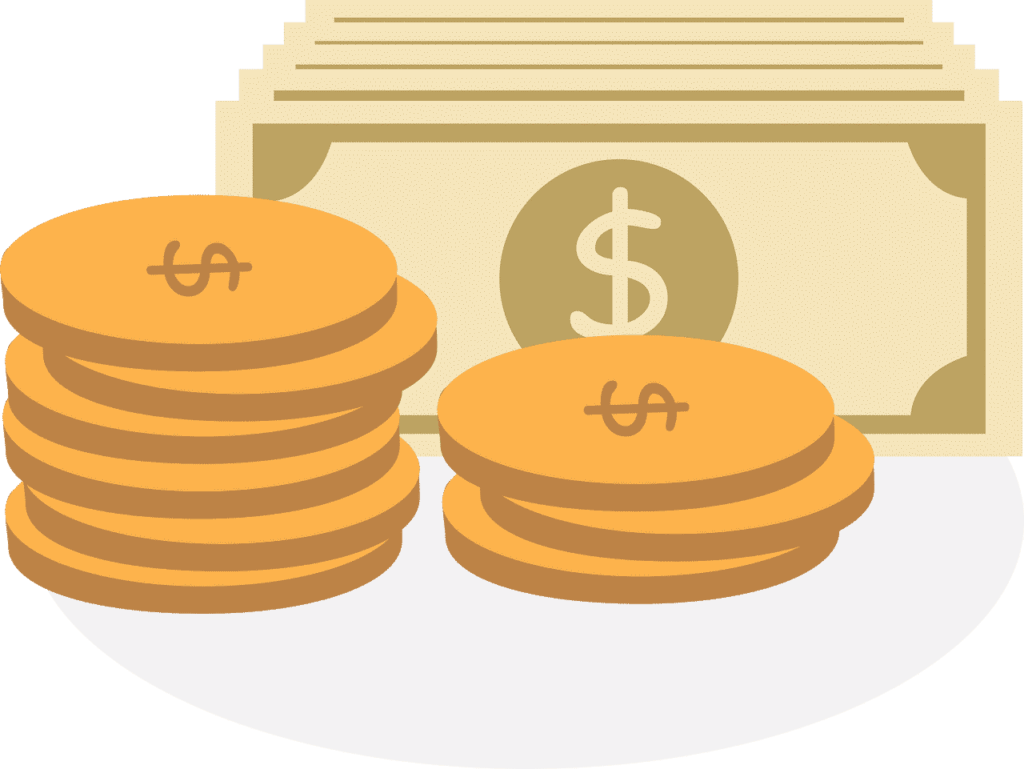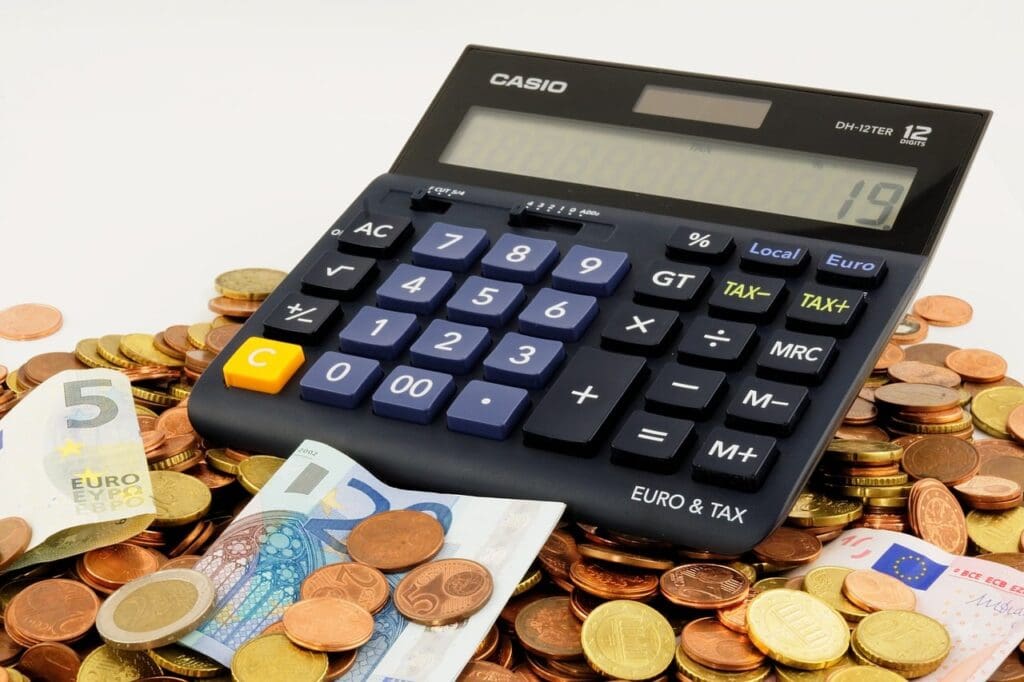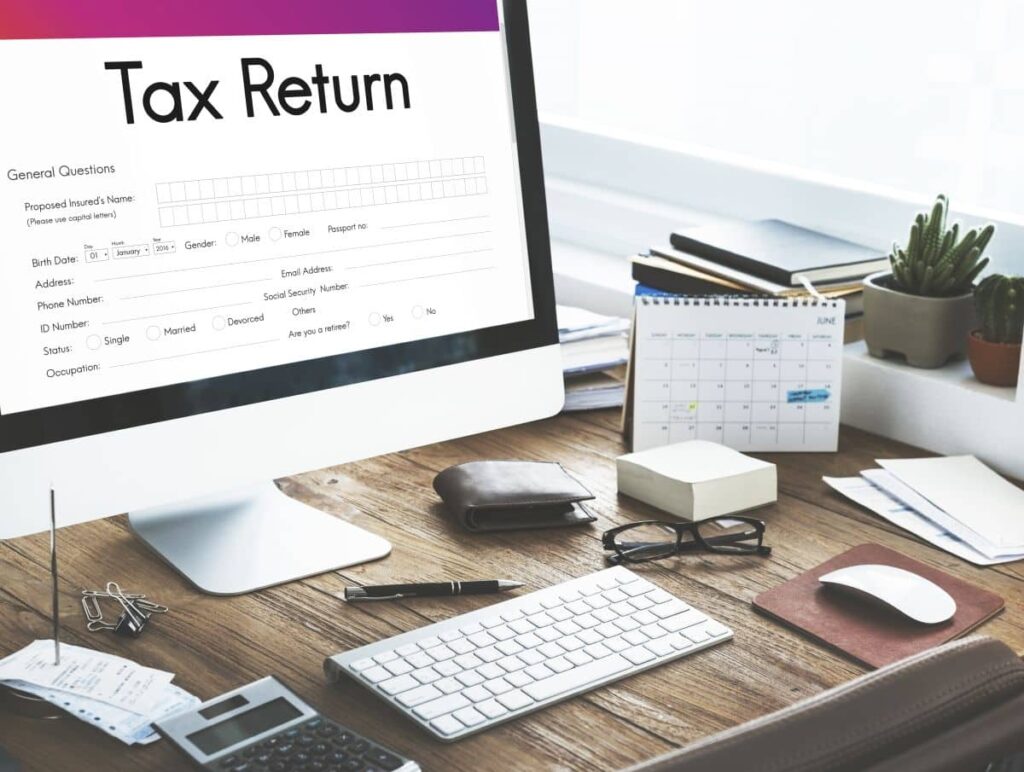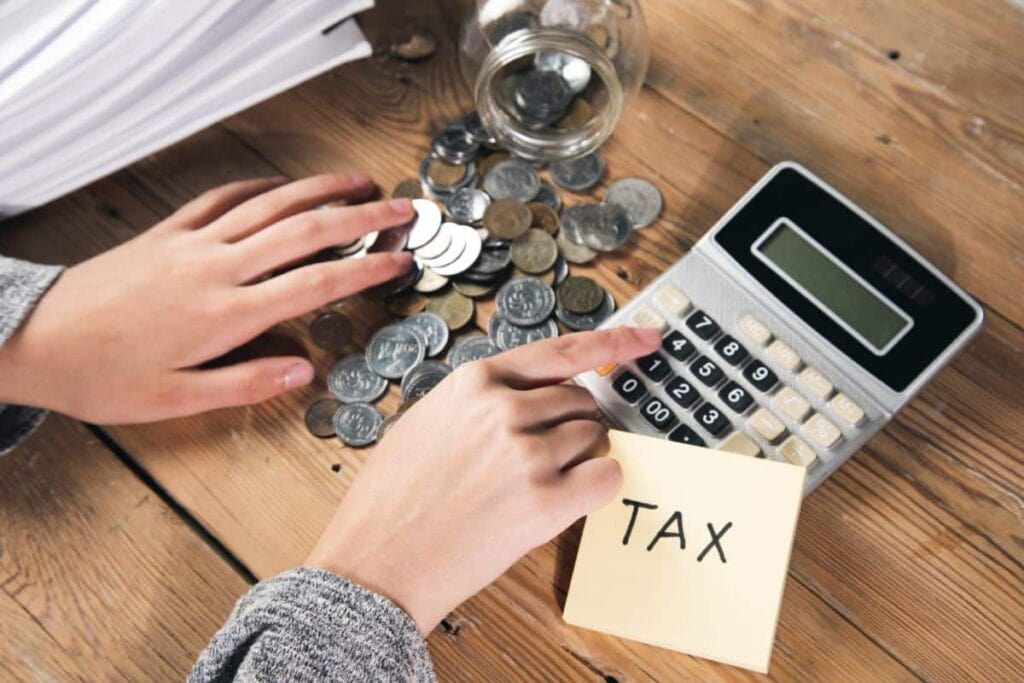Property Tax Tips for Real Estate Investors
Investing in property is a great way to build wealth, but managing your investment adds an extra level of difficulty. This article provides tax-smart tips for investing in Australian property and avoiding common pitfalls like negative gearing and capital gains taxes.
Investment Property Tax Deductions
If you have just purchased an investment property or are considering doing so, it is imperative that you have a solid understanding of the tax implications, including the deductions that are available to you. The following is a straightforward explanation of how the purchase of investment properties can impact your tax return.
1.1 Rent
- The owners of the property are subject to income tax in the same proportion as their ownership interest, which can be determined by checking the title.
- In order to claim all of the expenses, the rent that is collected needs to be at the usual market rate. You are only allowed to claim deductions that are equal to or less than the amount of rent that you charge, even if you rent at a rate that is below the market average (perhaps to family or friends).
- The rent is required to be reported in the same calendar year that it was received.
1.2 Interest Claims
- Interest paid on the loan used to purchase the property is deductible, provided that all the money borrowed was used to purchase the property.
- For accounts that are a line of credit and used privately, the interest claim needs to be apportioned for the private expenses.
1.3 Tax Deductions
- Repairs
Repairs performed to the property while it is being leased out are eligible for a tax deduction; however, repairs carried out within the first year of actually owning the property are typically not eligible (these can be used to reduce a capital gain on disposal).
- Improvements
Improvements you make to the property are not deductible in full. Instead, they need to be depreciated and claimed over their useful life.
- Other expenses can include
- advertising for tenants
- bank charges
- body corporate fees
- cleaning
- council rates
- electricity and gas
- gardening
- lawn mowing
- in-house audio/video service charges
- insurance
- land tax
- legal expenses releases etc.
- lease costs
- pest control
- mortgage discharge expenses
- property agent's fees
- quantity surveyor's fees
- security
- stationery
- postage
- telephone
- water charges
- lenders mortgage insurance (usually written off over the shorter of the term of the loan or five years)
1.4 Building cost write off
If the building is less than 25 years old, you are entitled to a deduction of 2.5 percent each year on the initial cost of construction for up to 40 years from the date of construction.
If you don't know how much a building costs, you can hire a quantity surveyor to figure it out, compile the property's depreciation schedules, and figure out what you can claim.
NOTE: Unless the rental property is leasehold and stamp duty and legal expenses are permissible in the ACT, a deduction cannot be claimed for the costs of purchasing or disposing of the rental property. The purchase price of the property, conveyancing charges, advertising expenses, building inspection reports, travel to examine the property before purchase, and stamp duty on the transfer of the property are all examples of such expenses.
However, for capital gains tax purposes, these charges may be included in the property's cost basis.
Capital gains are being targeted by the ATO
Capital gains have been highlighted as a result of rising asset prices.
"Australians who have done well in the stock market, real estate, or even Bitcoin during the last year risk being audited if their returns are incorrect.
"Australians could face a 25% penalty if they calculate their earnings from shares, investment properties, and now Bitcoin incorrectly.
Working from home
Working-related expenses will be scrutinized as well, with two out of every five workers still working from home at least once a week.
Regular automobile and travel claims, as well as considerable work-from-home expenses, will raise suspicions.
This year, anyone claiming work-from-home deductions can use the temporary shortcut technique, according to the ATO.
The quick method was developed last year during the peak of the pandemic to deal with the increase in makeshift home offices. Instead of laborious computations for individual items, it permits claims at a rate of 80 cents per work hour at home.
You can't make any additional claims about working from home if you adopt the 80 cents per hour strategy. As a result, the 80 cent rate covers things like cell phone and internet usage.
Your tax advisor will be able to advise you on the best method to utilize.
The most significant 'no-go' costs when working from home
- Coffee, tea, and toilet paper are examples of personal expenses.
- Expenses for your child's education, such as online learning classes or laptop computers;
- High upfront costs— any asset costing more than $300 should be amortized over several years;
- Rent, mortgage interest, property insurance, land taxes, and rates are often not deductible by employees. Even if your house is your primary residence, you may have to pay capital gains tax if you claim occupation expenditures.
Rent decreases have an impact on landlords
Following a difficult year for landlords, the ATO announced that investors could continue to claim costs on properties that had rental reductions or mortgage holidays as usual.
You can keep claiming all of your deductions, such as bank interest on the property loan, rates, and other expenses.
Keep deducting them as usual.
Landlords are only required to report the rent as income once it is received. If your renters' payments are deferred until the next fiscal year, for example, you do not need to add them until you get them.
If your tenants haven't paid for a few months, they will offer you three months' rent as a back payment in August. That income is reported for that particular month.
For EOFY 2021, the ATO will focus on the following areas:
- Capital gains from selling property, shares and cryptocurrencies;
- Incorrect work-related expenses, such as claiming personal expenses or copying last year’s deductions despite changed work conditions;
- Incorrectly claiming expenses for rental properties when they’ve been using the properties themselves;
- They are failing to declare all income earned from short-term accommodation.
Tax tips for property investors
When rental charges, mortgage interest, and legal fees are properly reported, investors might recuperate a significant sum on their properties at tax time.
Property depreciation is another factor that many investors neglect.
According to BMT Tax Depreciation, 80% of property investors fail to fully utilize property depreciation, potentially losing thousands of dollars.
The interest on a loan is another big deduction that investors can claim. However, there are some guidelines to follow:
- The property must have been rented out or genuinely available for rent in the same year you claim a deduction;
- If the property was used for private purposes at any point over the year, you aren’t allowed to claim for that period;
- If you use some of the loan money for personal use, such as buying a boat or going on a holiday, you can’t claim the interest on that part of the loan. You can only claim the part of the interest that relates to the rental property.
Prove it with records

The ATO maintains that the most common reason for applications being denied is a lack of receipts or other supporting papers.
Remember, you can't claim something unless you can prove it.
While taxpayers who revise their returns due to legitimate errors will not face penalties, those who purposefully over-claim may incur fines of up to 75% of the claim.
The Ultimate Guide on Tax Deductions for Investment Properties – 20 Rental Deductions to Take Advantage Of
Your tax return will surely be boosted if you are aware of your investment property tax deductions.
Many investors, however, miss out on expenditure claims because they lack the expertise provided by the Australian Tax Office (ATO).
Understanding the full potential of all the tax benefits available to you could mean the difference between expecting to make enough money from your investment property and having positive cash flow.
The list below will provide you with some helpful tax advice on how to maximize your investment property tax deductions.
What Rental Property Deductions are Available to You?
1. Depreciation
General wear and tear on your investment property is unavoidable, just like it is for cars. The financial value of your property will be affected by the wear and tear.
Depreciation is the term for this.
Fortunately, depreciation is a rental property deduction for property investors. It's a non-cash investment property tax deduction that you can claim and deduct from your income over time.
Depreciation of Capital Works (Division 40)
You might be able to claim an investment property tax credit on building depreciation expenditures if your investment property was built after September 16, 1987.
If you decide to renovate your rental property, you can deduct the construction costs as a rental property deduction. Construction costs, unlike maintenance costs, are not entirely deductible in the year in which they are paid.
The expenses can be claimed in instalments over several years. Capital works deduction is what this is called. This is a non-cash investment property tax benefit, similar to plant and equipment depreciation.
For the next 40 years, you can claim 2.5 percent of the building cost per year from the time it was erected.
Example:
In 2001, Layla spent $400,000 on a residence on her investment property. As a result of the building's depreciation, she can claim a $10,000 investment property tax deduction each year until 2041.
Plant and Equipment Depreciation (Division 43)
You can similarly claim depreciation for wear and tear on any fixtures and fittings in the home.
Fixtures and fittings include things such as carpets, a cupboard, an aircon, an oven, and showers, for example.
Quantity Surveyor Fees
To maximise the return on your investment, you should possibly seek the advice of a quantity surveyor. They can help prepare a depreciation schedule for your investment property.
The bonus here is that the fees are an investment property tax deduction.
2. Loan Interest
This is the biggest investment property tax deduction you can claim.
If you had to take out a loan from the bank to purchase your investment property, you are entitled to claim any interest charged on loan as a rental property deduction.
Example 1:
Jane took out a loan of $420,000 to purchase an investment property. She rented out the property for one year, from 1 September 2019.
In that same year, she incurred $12,600 interest on her loan.
Jane's interest is an investment property tax deduction because the loan was used for income-generating purposes.
If, however, part of the loan was used for private purposes, you won't be able to claim interest on the total size of the loan, and instead, you can claim on the apportioned part of the loan used for income generation.
Example 2:
Sam took out a loan of $300,000. He used $285,000 to purchase his investment property and used the remaining $15,000 to pay for his European holiday.
Sam rented out his property for one year, from 1 November 2019. In the same year, he incurred a $25,000 interest expense on loan.
Because part of the loan was used for private purposes, Sam won't claim the entire interest expense amount as an investment property tax deduction.
He can do the following calculation to work out how much interest will be tax-deductible:
Total interest expense x (investment property loan amount ÷ total loan amount) = tax-deductible interest
$25,000 x ($285,000 ÷ $300,000) = $23,750
Working with a property advisor can help you identify the best opportunities in the housing market
3. Rental Expenses
One way to generate income on your investment property is to rent it out. As a landlord, you are liable for all kinds of expenses that can be claimed as rental property deductions each year.
These expenses can be claimed in the same tax year that you paid for them.
Advertising Costs
Making use of advertising platforms to find tenants for your property is a tax-deductible expense.
Rental Agent Fees
Should you choose to appoint a property agent to manage the property and maintain a good relationship with your tenants, then they will be entitled to a fee that usually amounts to between 6% and 8%.
Having a rental agent can be an investment property tax deduction
Legal Expenses
You may wish to seek legal assistance when it comes to preparing the rental documents.
Or you may find yourself in a situation where you will need legal counsel to assist you in obtaining an eviction order. Legal counsel is an investment property tax deduction.
Council Rates
These expenses cover the cost of the rubbish collection and maintenance of the street on which your property is located.
You can claim this as an investment property tax deduction if you are paying the council rates and not the tenant.
Utilities
You can claim these expenses as an investment property tax deduction
If you are responsible for paying for the water, electricity, and gas.
If, however, you require the tenant to pay for the utilities, you can’t claim it as a rental property deduction.
Property Insurance
To protect your property and its contents, rental insurance is a no-brainer and a tax-deductible expense.
Repairs and Maintenance
Provided that the work done on the property maintains it and does not improve it, you can claim this as an investment property tax deduction.
Example:
Maintenance relates to repairing the wear and tear of the building. So, you may need to hire a professional to replace any broken roof tiles.
But if you decide to replace the carpets with wooden floors to improve the property and consequently increase its value, you can't claim it against repair and maintenance costs.
Pest Control
Hiring a pest controller to rid the property of pests is an expense incurred whilst ensuring that your investment property continues to generate rental income.
So, it is a rental property deduction that you can claim as an immediate investment property tax deduction on your annual return.
Land Tax

As long as you have rented out the house on your property, you are entitled to claim the land tax as an investment property tax deduction.
*As each state has its regulations concerning land tax, consult a tax advisor to ensure you are submitting the correct claim in the right year.
Tax Advice
Should you decide to use a tax advisor to assist you in submitting your land tax claim, these fees are also considered immediately tax-deductible.
Cleaning
If your rental agreement with the tenant includes weekly cleaning service, this would be an investment property tax deduction.
Similarly, the expense of having the house well cleaned after the tenant vacates the property is tax-deductible.
Image: Pixel-shot
Gardening Costs
The garden maintenance and replacement of plants and garden structures on your investment property is a claimable expense. However, any improvements to the landscaping that will increase the property's value will not be claimable under gardening expenses.
Body Corporate Fees
if your investment property is a unit or is a townhouse, you will need to pay body corporate fees. This fee covers building insurance and the maintenance of shared areas.
It is an investment property tax deduction if you (not the tenant) pay it.
Stationery, Phone, and Internet Costs
Renting out your investment property is similar to managing a business.
Any stationery, phone, and internet usage can be claimed as an investment property tax deduction if they relate to the management of your investment property.
Bank Charges
Any bank fees charged on loans used to purchase the investment property are tax-deductible.
Accountant Costs
The fact that accounting fees are tax-deductible is a good incentive to have an accountant manage your tax returns and find ways to maximise your tax return.
4. Capital Gains Tax (CGT)
If you sell your investment property within 12 months of owning it, you must pay CGT on the profit of that sale.
If, however, you own the house for more than 12 months before selling it, you are eligible for a 50% discount on your CGT. This means you will only need to include half of the capital gain in your tax return.
Please find out more on capital gains tax and how to reduce it here.
What can’t you claim on an investment property?
According to the ATO, expenses that aren't considered to be investment property tax deductions include:
- expenses incurred through the personal use of your investment property;
- the repayments of the principal sum borrowed to purchase the investment property;
- solicitor and conveyancer fees for the purchase or sale of the property;
- other expenses incurred during the purchase or sale of the investment property; and
- stamp duty fees charged on the transfer of property into your name.
- Travel expenses to inspect your rental property yourself used to be claimable but, unfortunately, no longer can be claimed.
Key Takeaways
To maximise your tax return, make sure you use ATO’s comprehensive list of claimable rental property deductions.
By arming yourself with this knowledge, you will be in the best position to take advantage of all the tax return opportunities available through your investment property.
Remember: you can't claim any of the listed expenses as investment property tax deductions without proof. So make sure you always keep receipts, invoices, and any other documents relating to the expenditure of your income-generating investment property.

